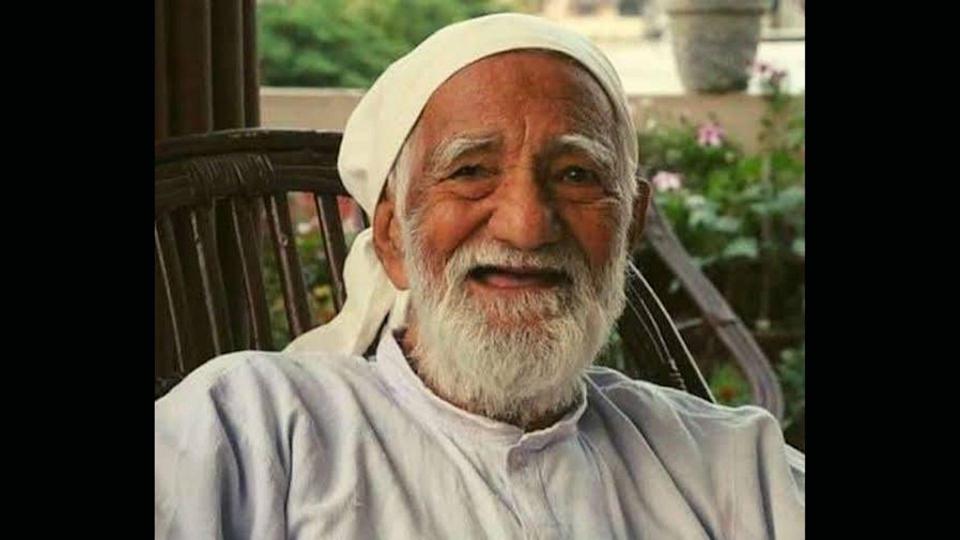Read in Hindi: चिपको आंदोलन के नेता सुंदरलाल बहुगुणा ने COVID का शिकार किया

Noted environmentalist and leader of the Chipko Movement Sunderlal Bahuguna on Friday, 21 May, succumbed to COVID-19 at AIIMS Rishikesh.
The 94-year-old was hospitalised on 8 May after his oxygen levels started fluctuating.
The Chipko Andolan in 1973 was a non-violent, grassroots movement aimed at the protection and conservation of trees that inspired several future environmental campaigns. The word ‘chipko’ means ’embrace’, as the villagers hugged the trees and encircled them to prevent being cut down.
Bahuguna, an eco activist, spent his life educating villagers to protest against the destruction of forests and the Himalayan mountains.
He was also successful in the collective mobilisation of women for the cause of preserving forests. The uprising against the felling of trees originated in Uttar Pradesh’s Chamoli district (now Uttarakhand) in 1973 and soon spread to the rest of the country.
Calling it a monumental loss for the country, Prime Minister Narendra Modi tweeted, “He manifested our centuries-old ethos of living in harmony with nature. His simplicity and spirit of compassion will never be forgotten. My thoughts are with his family and many admirers. Om Shanti.”
President Ram Nath Kovind shared his condolences too. “The demise of Shri Sunderlal Bahuguna marks the end of a glorious chapter in the field of conservation. A ‘Padma Vibhushan’ awardee, he was a Gandhian to the core. A legend in his own right, he made conservation a people’s movement,” his tweet read.
Uttarakhand Chief Minister Tirath Singh Rawat said that Bahuguna’s work in the field will always be remembered.
“Received very painful news of the demise of Shri Sundarlal Bahuguna, the leader of the Chipko movement, Padma Vibhushan, the famous environmentalist known in the world as Vrikshamitra. I am distressed to hear the news. This is an irreparable loss not only to Uttarakhand but to the entire country,” he said in a tweet.
The First Chipko Movement
The first time the movement took shape was in April 1973 in Mandal village, now in Uttarakhand, after the government decided to allot a plot of forest area in the Alaknanda valley to a sports goods company.
The women of the area went into the forest, formed a circle around the trees, preventing the men from cutting down the trees. They kept an all-night vigil, until all of them left, and by morning the news had spread and more people had joined in. This protest created a ripple effect across nearby villages too.
Bahuguna, who was leading the movement, appealed to then Prime Minister Indira Gandhi and succeeded in implementing a 15-year ban on chopping trees.
Bahuguna also undertook a 5,000-kilometer trans-Himalaya march from 1981 to 1983, travelling from village to village, gathering support for the movement.
Anti-Tehri Dam Protests
In 1990s, he spearheaded the Anti-Tehri Dam movement and even went to jail for it in 1995.
A protest message against Tehri dam, “We don’t want the dam. The dam is the mountain’s destruction,” was coined by Bahuguna.
For decades, he was part of the anti-Tehri Dam protests. In 1995, he went on a 45-day-long fast and called it off only after the then Prime Minister PV Narasimha Rao assured that a review committee will be appointed to understand the ecological impacts of the dam. He then went on another long fast for 74 days until Prime Minister HD Deve Gowda stepped in.
The government wanted to honour his efforts by awarding him the title of Padma Shri, but he turned it down. In 2009, he was honoured with the Padma Vibhushan.

